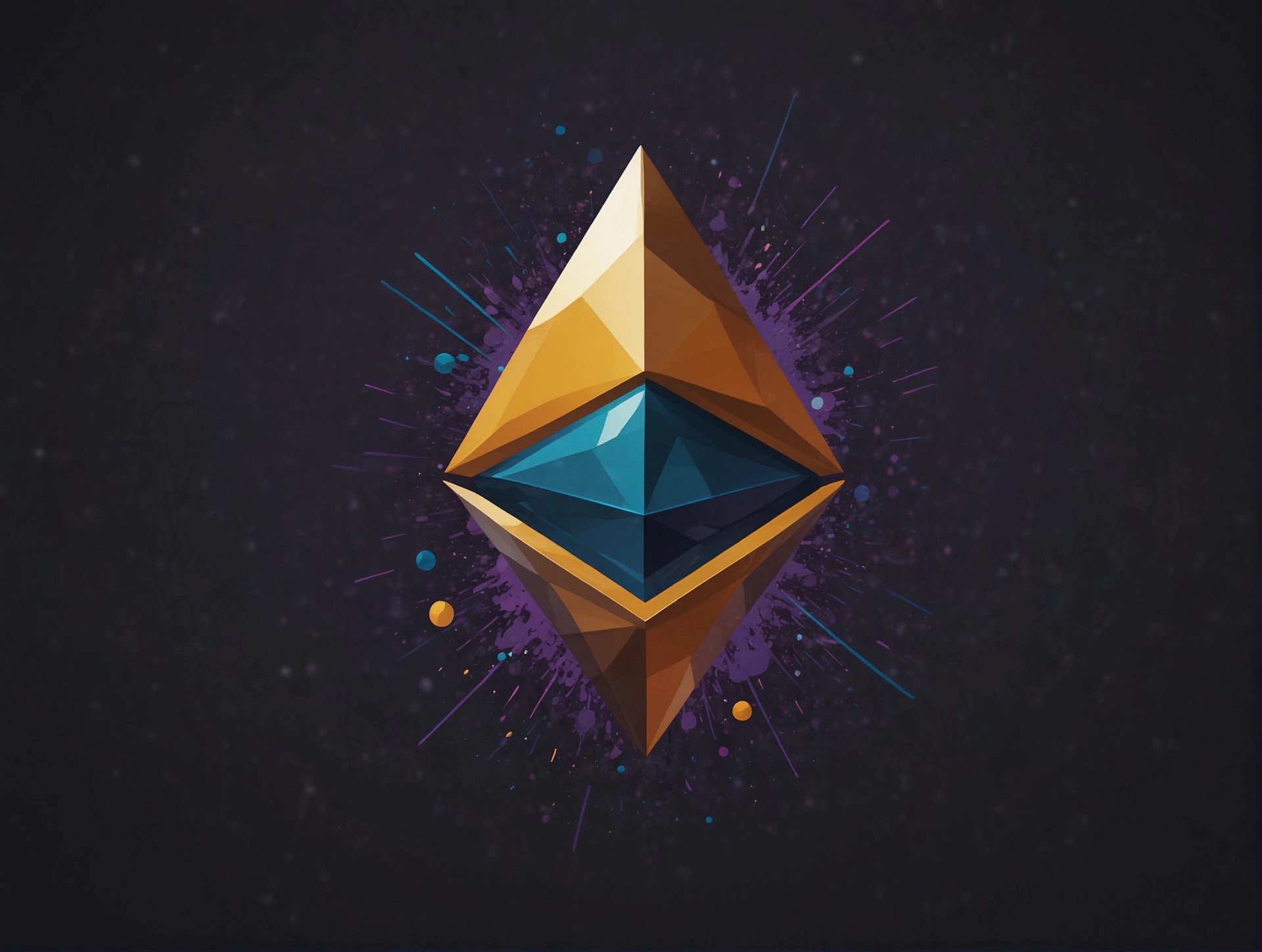A proposal put forth by the co-founder of Ethereum, Vitalik Buterin, together with developers Sam Wilson, Ansgar Dietrichs, and Matt Garnett, has introduced a new transaction type aimed at improving the functionality of Externally Owned Accounts (EOAs) on the Ethereum blockchain. EIP-7702 is an initiative that is aimed at temporarily converting EOAs into a smart contract wallet upon transactions, thus improving usability and security. The concept of the draft proposal was introduced as a new approach to enable traditional wallet accounts to perform advanced operations usually available for smart contracts.
The EIP-7702 is intended to introduce functions like transaction batching and sponsored transactions where a fee can be paid by a third party. The proposed standard involves introducing a contract_code field and a signature to transactions that allows EOAs to temporarily masquerade as smart contracts. These developments are anticipated to address the problems of transaction speed and user convenience on the Ethereum network.
Enhanced safety and control with EIP-7702 proposal
The proposal pays special attention to the enhancement of safety and utilization possibility of EOAs by simplifying privileged de-escalation. This implies that subkeys can be signed by users with limited rights, which improves the security of operations. To illustrate, the primary holder of a wallet could restrict the subkey users to the spending of ERC-20 tokens or accessing only part of the wallet’s funds. In this way, EIP-7702 also seeks to facilitate the user with a simplified user experience by providing an ability to control account functionalities at a granular level.
EIP-7702 developers propose this standard as a replacement to the current EIP-3074 which has the same features, but some concerns are raised about future compatibility and creating two ecosystems essentially – invoker contracts and smart contract wallets. EIP-7702 deals with these issues directly by not introducing new opcodes that will end up being redundant, thus advocating for a more standardized and sustainable account abstraction approach.
ERC-4337 aligns with EIP-7702 goals for Ethereum
EIP-7702 is still in the drafting phase, but its impact on the usability and security aspects of Ethereum is under heavy observation. The development team has planned including EIP-3074 in the upcoming Pectra upgrade of Ethereum to be released at the end of 2024 or beginning of 2025 which may pave the way for the activation of EIP-7702. Concurrently, ERC-4337 introduced lately also allows account abstraction by means of such features as group access wallets or bundled transactions; thus, it is in harmony with the goals of EIP-7702.
The expected outcome of these technologies is to establish a situation when centralized services are not necessary because the services can do the task by supervising wallets not directly managing it. Such an outcome could thus herald an age of new B2B where users’ security will be guarded and operations performed swiftly. EIP-7702, which is an introduction to its pros does not come without any doubt regarding its impact. Compliant beings, the critics say, might involve risks that go together with centralization and complete reliance on the code. Nonetheless, if Buterin and his team can prove the proposal, the development will take into account community responses and ongoing testing as final users can help and give suggestions to improve it.





